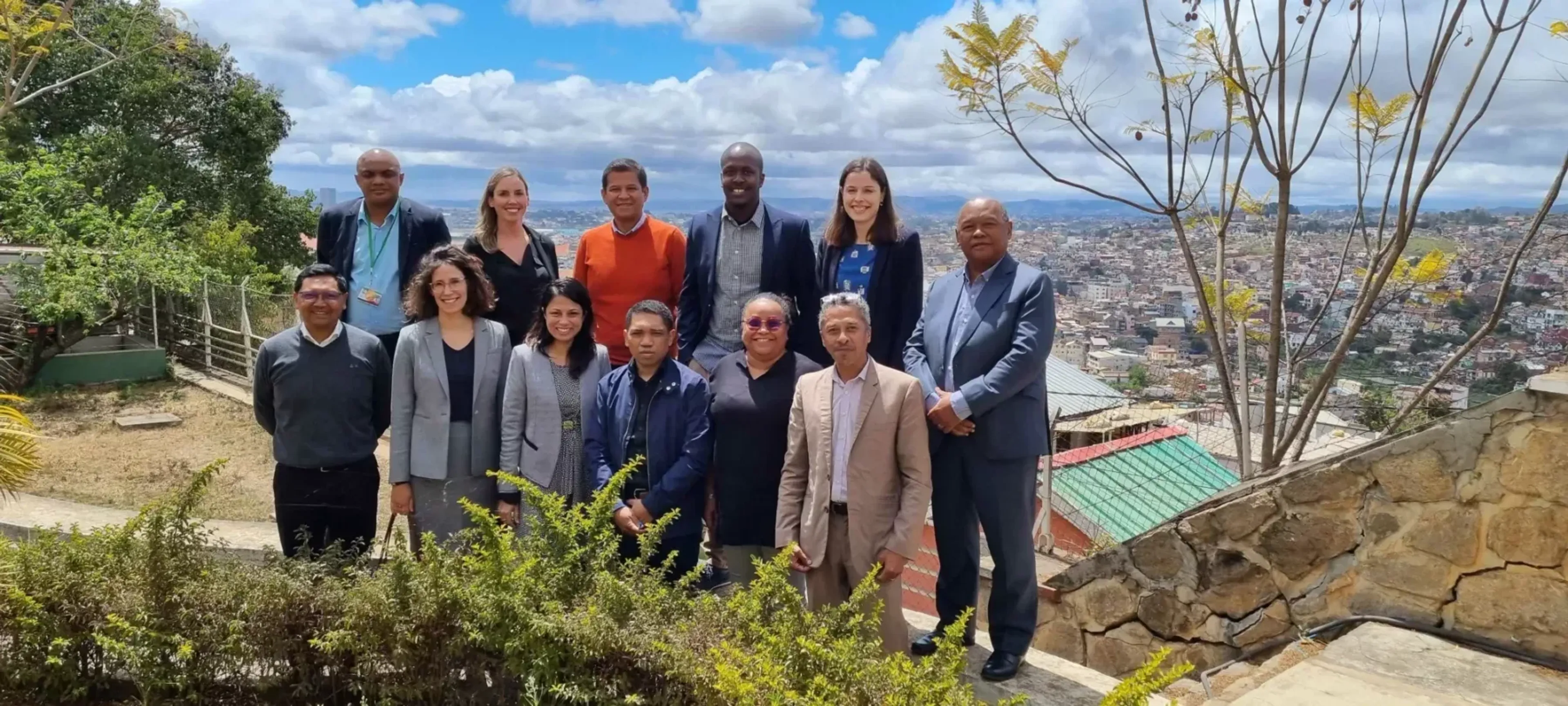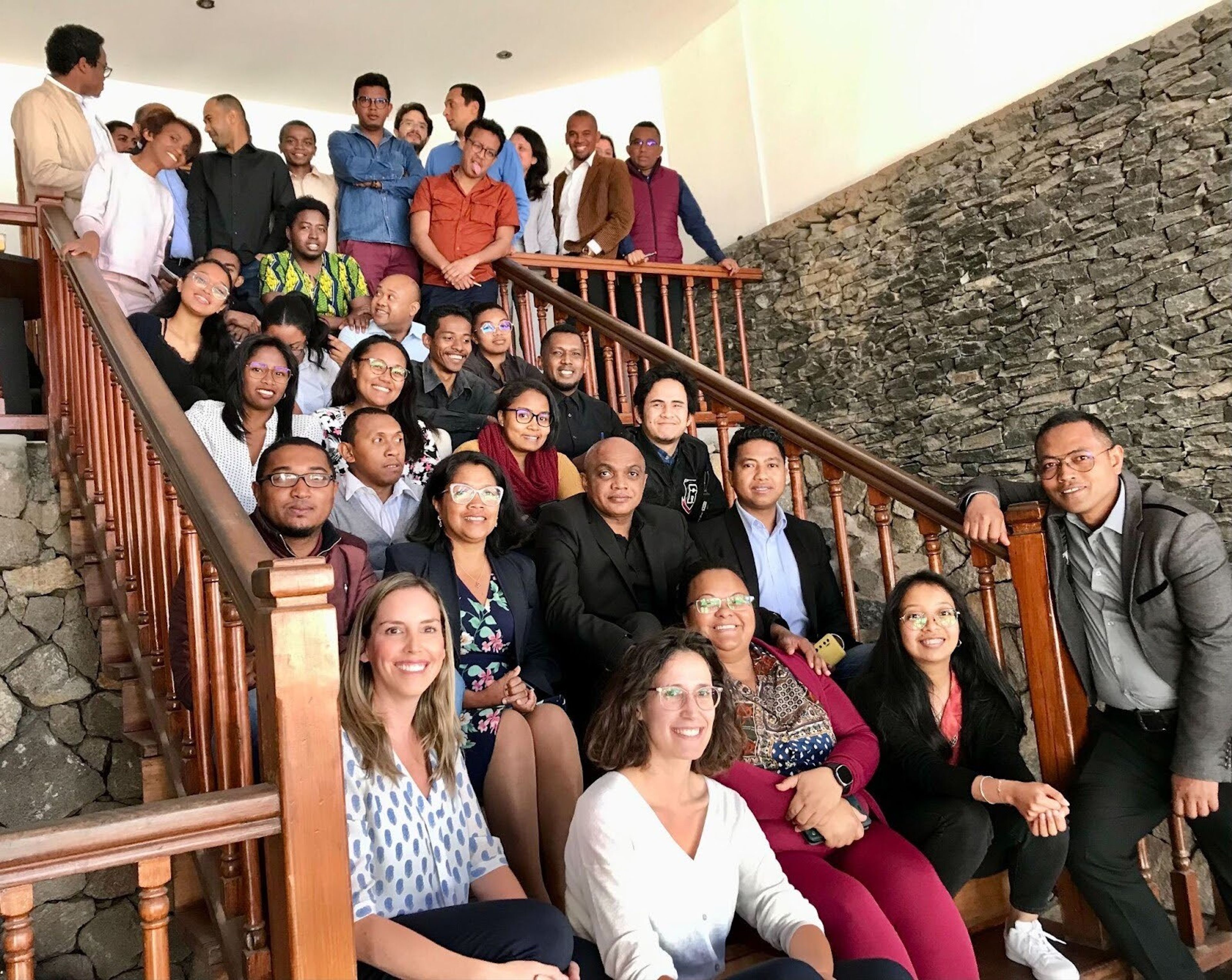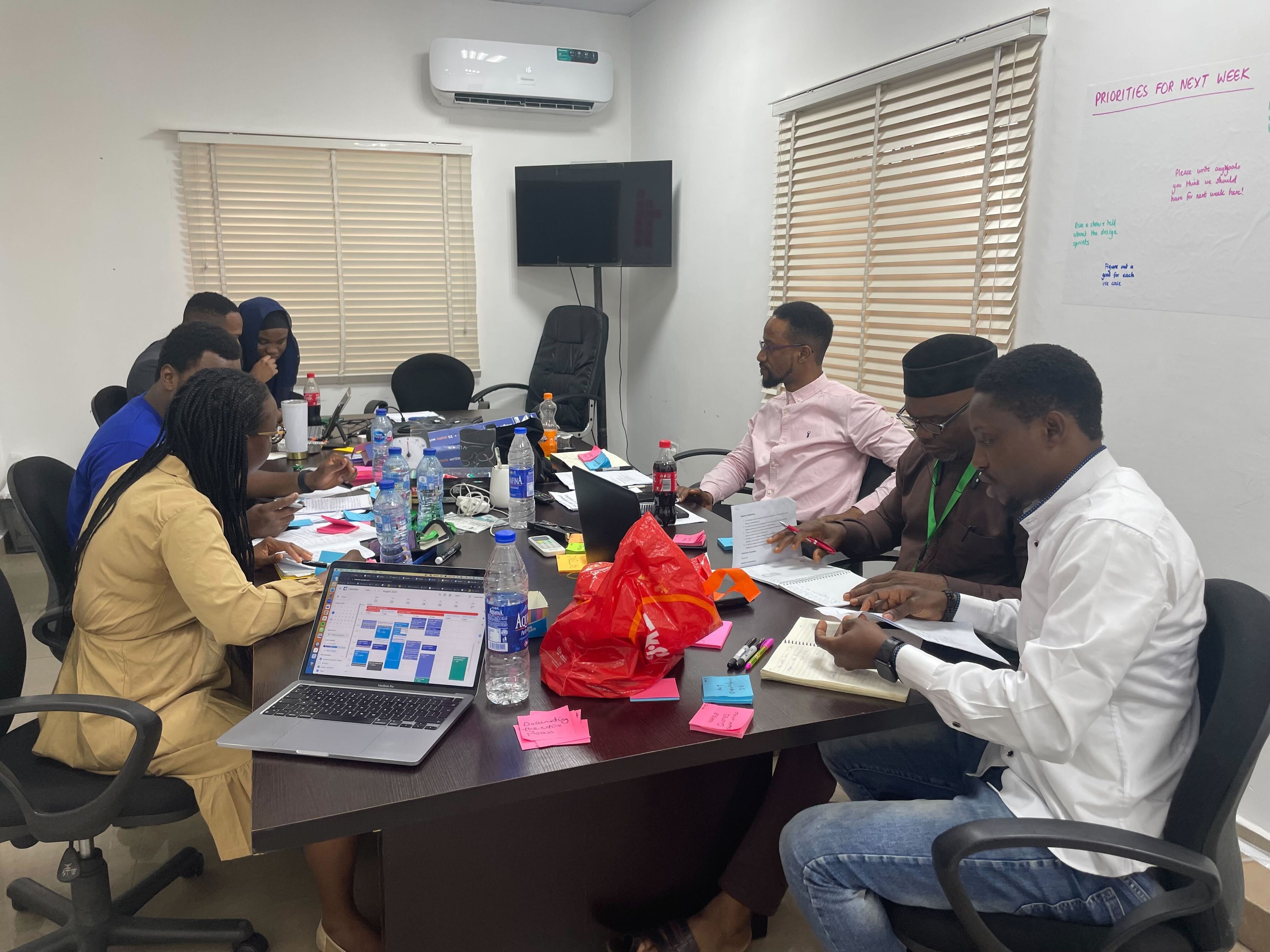
Global institutions
We help funders accelerate progress towards Sustainable Development Goals by building lasting digital capability.
Accessing public services in Madagascar can be challenging and time-intensive for citizens.
Basic tasks, like checking the operating hours of a public office or obtaining a government form, typically require in-person visits. A two-tiered system exists: the wealthy use connections to fast-track services, while many face long waits and poor services.
The country's identity management system exacerbates this, with nearly a quarter of the population lacking proper identification. This is not only hindering citizen access to education and healthcare services, but limiting voting rights and thus weakening trust in government.
In response to this, the World Bank and the Government of Madagascar launched PRODIGY in 2019 - a project to develop a more robust digital identity management system and thereby increase the offering, coverage and quality of public services.
Since 2019, Public Digital has been working with the government’s Digital Governance Unit to accelerate the PRODIGY project and transform the accessibility and usability of public services for Malagasy citizens.
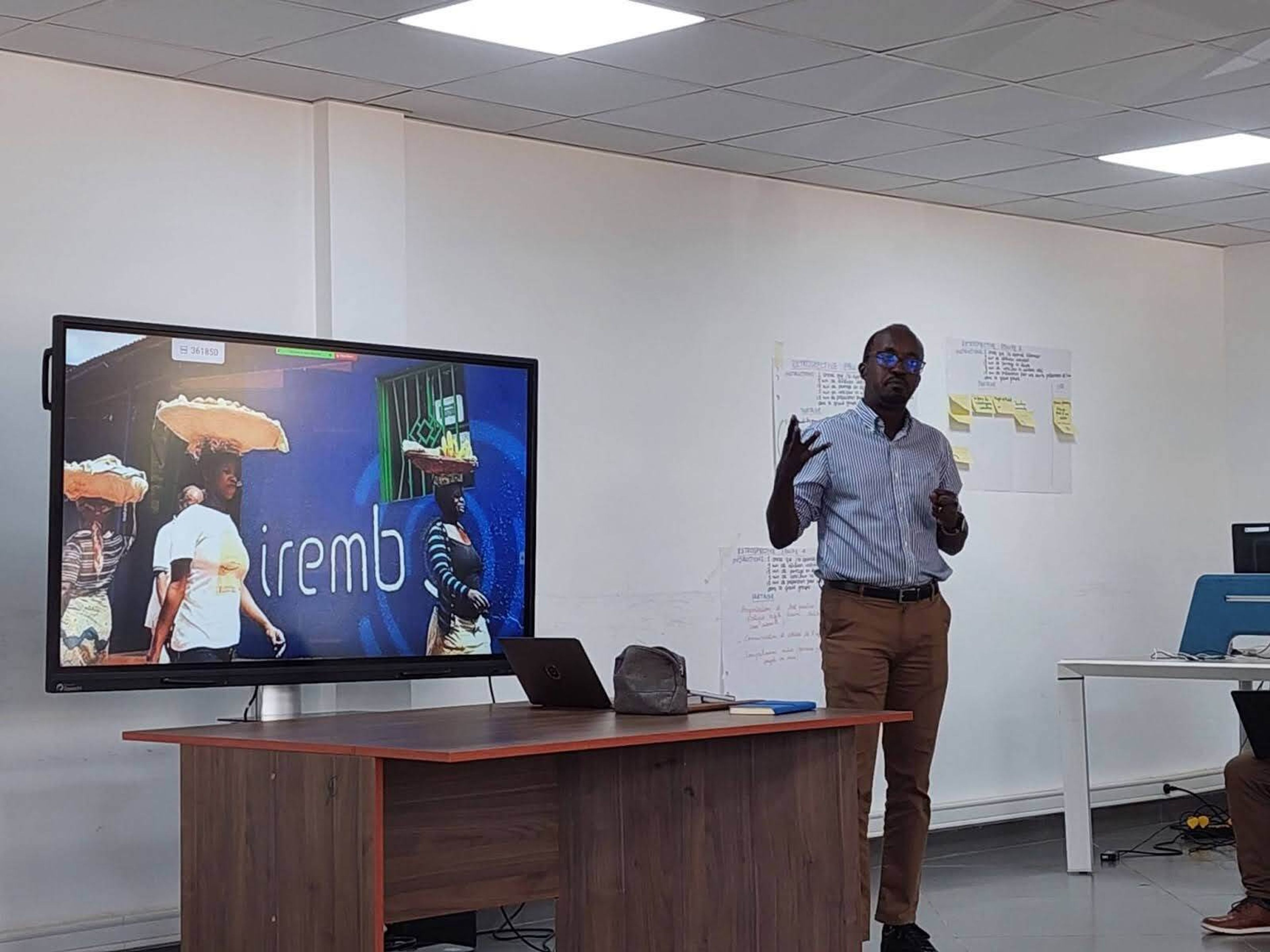
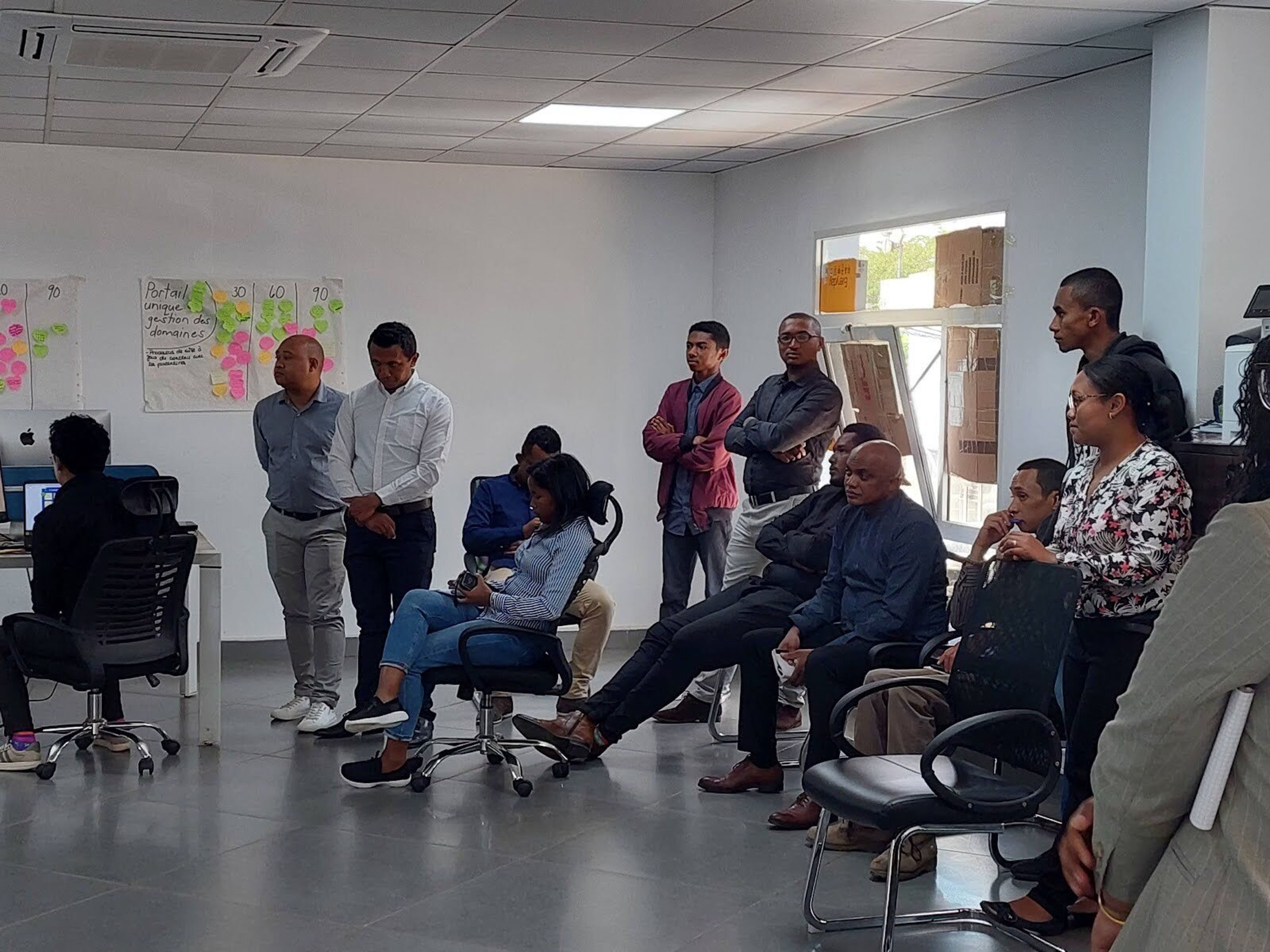
Public Digital helped the Government of Madagascar design its strategy then implement its digital transformation roadmap.
Our support focused on sustainability by fostering the development of internal digital capabilities and user-centric services.
We started working with the Government of Madagascar in 2019. We conducted a comprehensive digital maturity assessment, engaging with over 200 individuals across government and associated institutions.
We then developed a digital transformation roadmap and secured political backing to drive its implementation. The focus was to build strong and sustainable internal digital capabilities, and design and run user-centred services.
Our recommendations and support included:
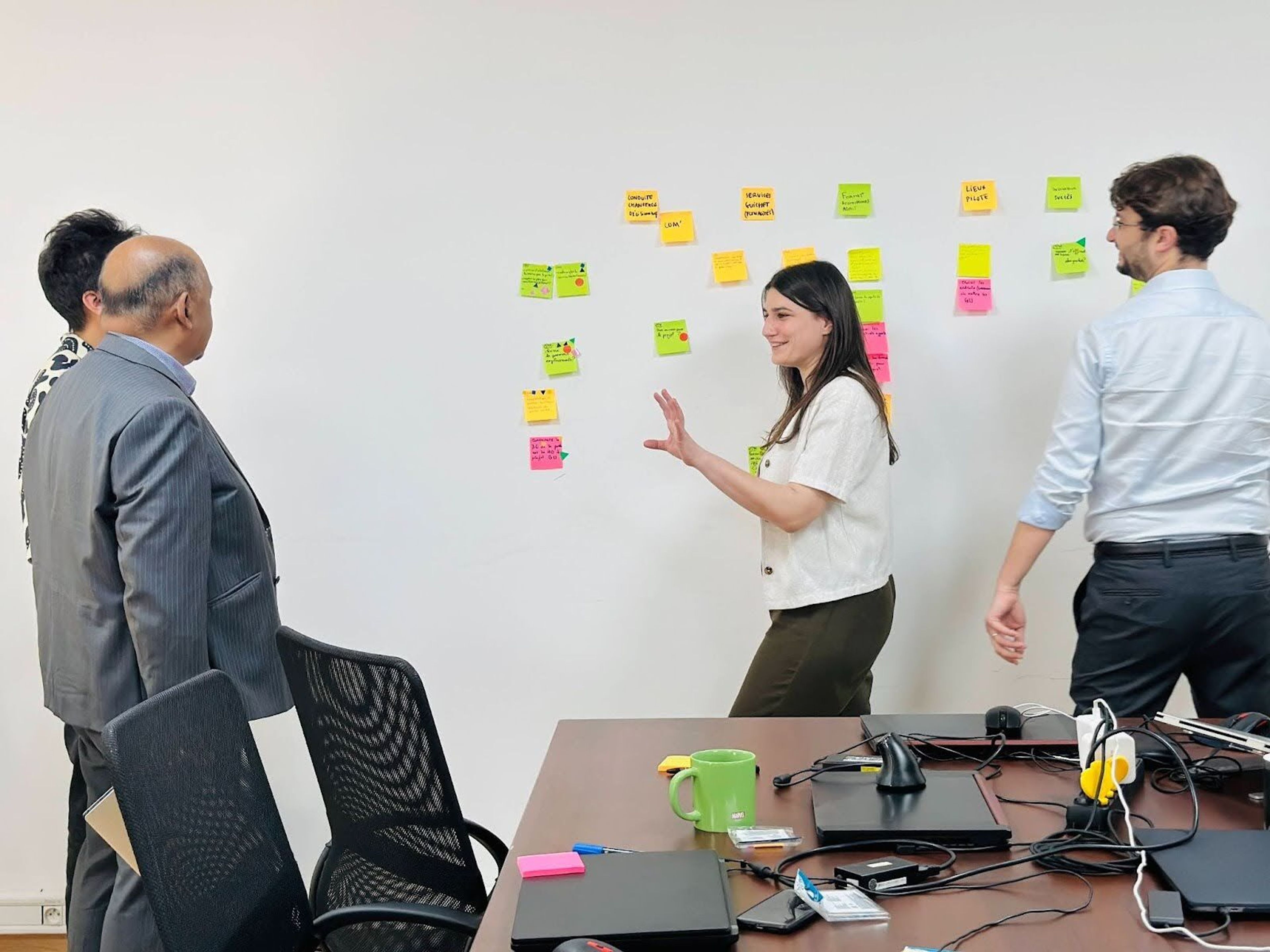
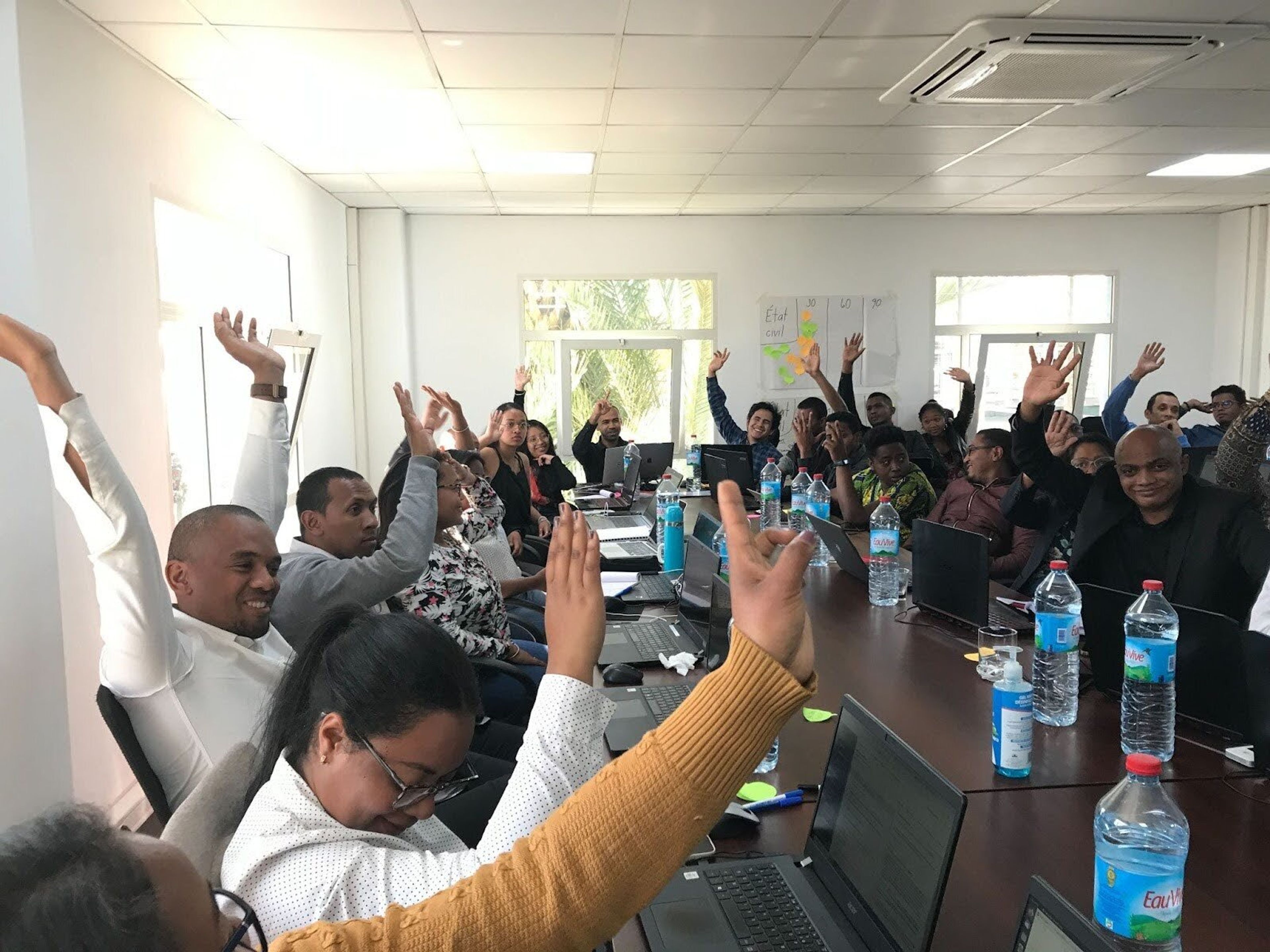
Public Digital was able to make swift and significant impact at the Digital Governance unit.
The support they have provided not only helped build the credibility of the team in a short time but importantly kicked off a cultural shift in the organisation towards agile and user-centred design.
The benefits can already be seen in new ways of working across the public administration and new generation of digital services coming online.
This initial focus on digital team structure and methodology has enabled us to work collaboratively with the DGU since 2022 across a range of topics including:
Through our design sprints, we identified that the DGU had primarily focused resources on ‘Torolalana’ - an online one-stop-shop portal for citizens to access public services. Whilst this work was important, it only served the 20% of the Malagasy population able to access services online.
We worked with the DGU to identify a flagship service through which to pilot a more inclusive, multichannel offer. The DGU identified Paositra Malagassy (Madagascar’s postal service) as a potential partner due to their extensive geographical presence and position as a trusted institution among the Malagassy population.
After testing this idea through guerrilla user research, the team started to work on a prototype of ‘Mahatoky’ (meaning trust in Malagassy) - a digital solution that enables post office staff to better support citizens with low connectivity to access public services.
The DGU selected postal offices, trained their staff and tested Mahatoky, which has received positive feedback from users. The DGU is now scaling the service across post offices and adding new content to the solution.
Their goal is to eventually offer transactional public services to the entire population through the post office network.
This flagship model is a key part of our support to help DGU pivot to a more inclusive, multichannel approach comprising not just the online Torolalana portal, but a call centre, text-message services, and an in-person channel.
We have helped the Government of Madagascar pivot to a more inclusive, multichannel approach that is enhancing the accessibility of public services for Malagasy citizens. Together we have:
Co-developed the government’s first digital transformation roadmap. This included establishing a sustainable digital transformation function including the creation of a Chief Digital Officer role and Digital Governance Unit.
Built new capability. We equipped senior leaders with the skills to drive agile, user-centred digital transformation, embedded a more agile approach to procurement of the right supply chain partners to build user-centred services, and put in place a robust interoperability framework to support data flows between government departments.
Launched, iterated, and scaled new user-centred services. We ran design sprints and led coaching with service teams to create beacons for future service transformation, including Mahatoky.
Established a foundation for future digital health transformation. We shared the lessons from Electronic Medical Records system implementations globally to directly shape the government’s new digital health roadmap.
